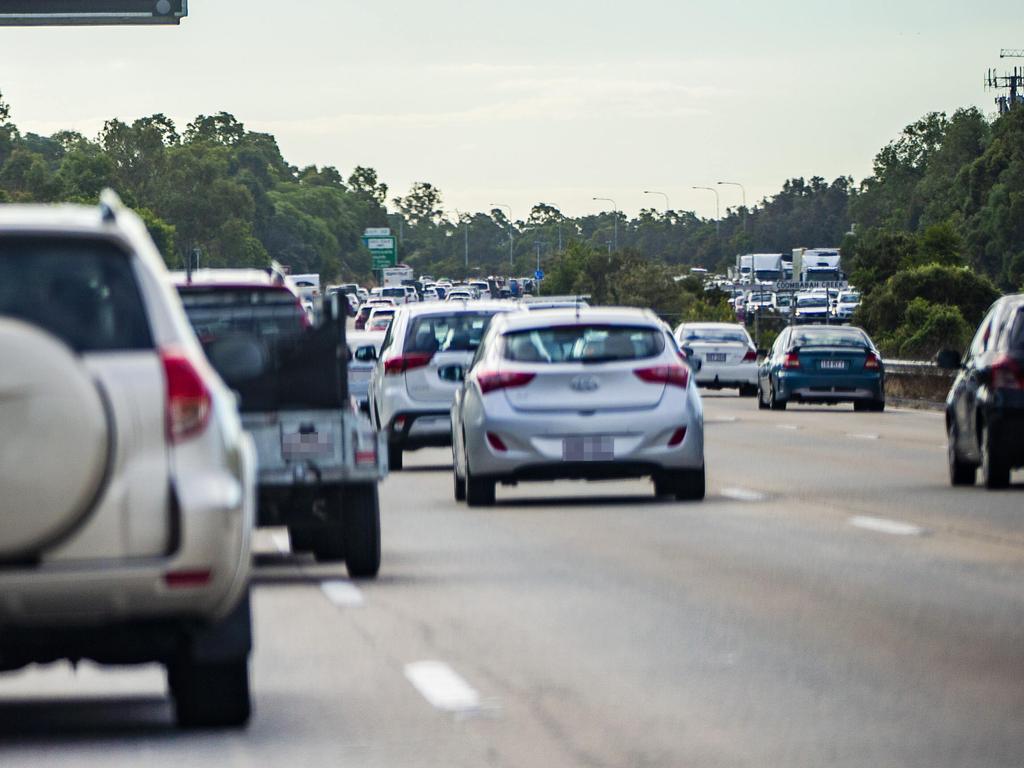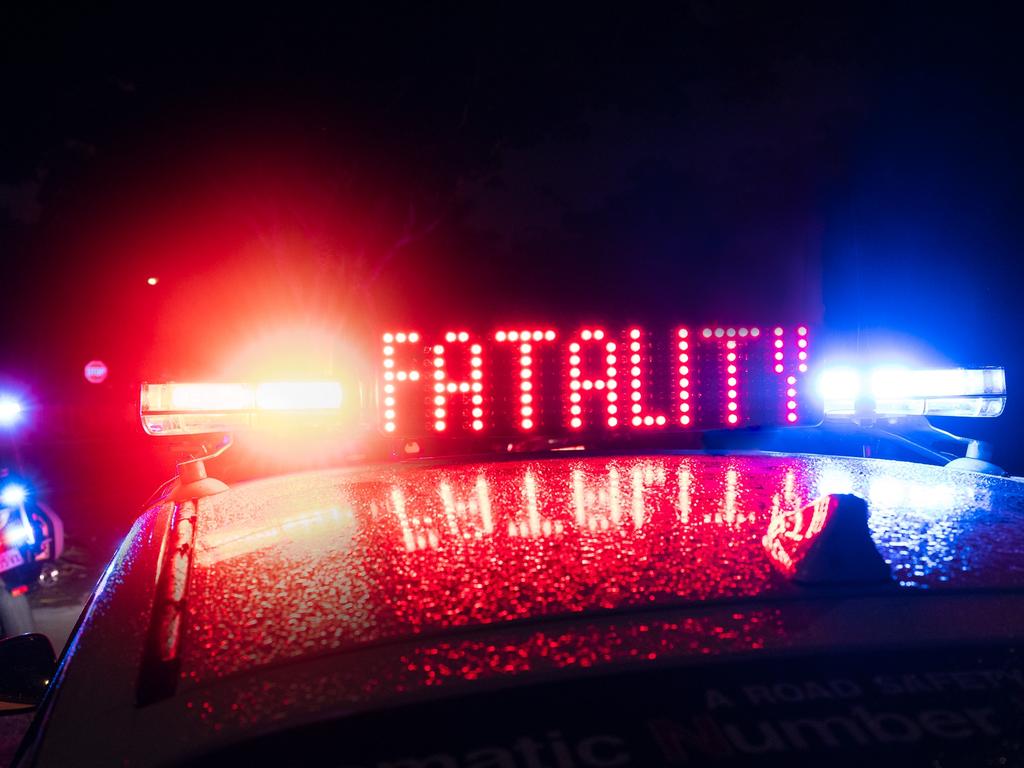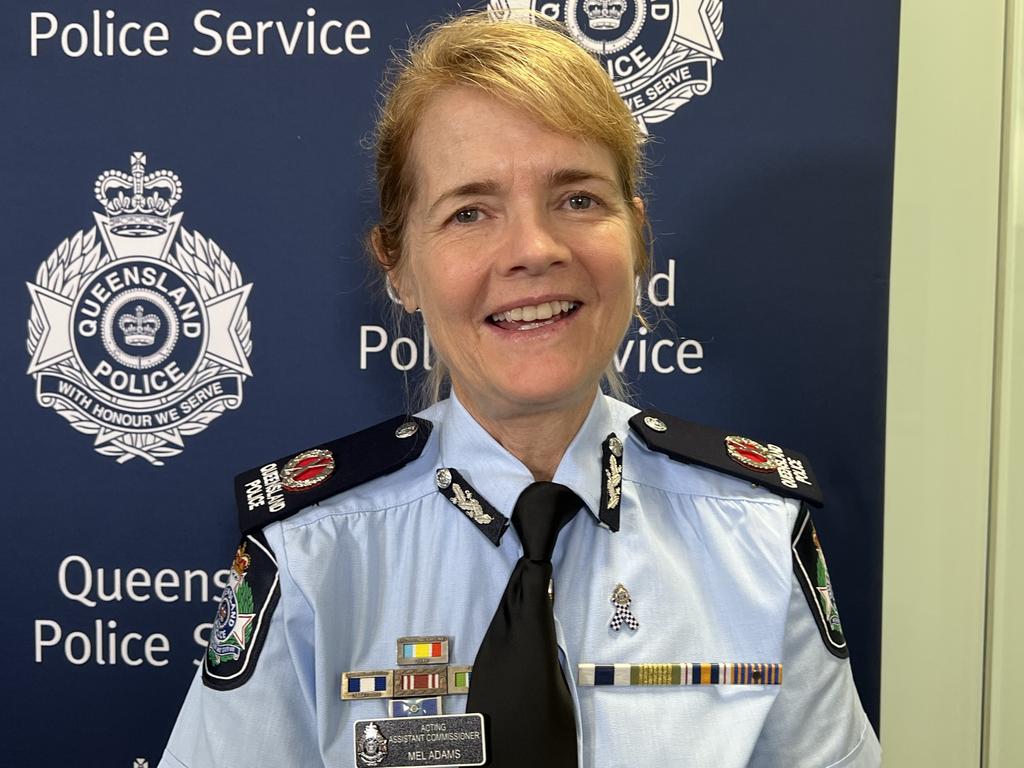Your say: You voted these people the worst drivers on Aussie roads
We asked and you have told us exactly who you think are the worst drivers on our roads.
An old adage of newspaper editors was that reporters don’t ask questions, they answer them.
But there is one question this column has no answer for: Where exactly is everybody in such a hurry to?
It’s a question borne of traversing Gold Coast roads every week, from Tugun through to Ormeau. The impatience of so many drivers is staggering, and it applies across all of Australia.
POLL RESULTS: See who you voted the worst Aussie drivers below >>>
The constant lane chopping on the M1, the tailgating, the flailing hands at every little unavoidable two-second hold-up: where are these people so desperate to get to so quickly?
What dreadful event will befall them if they don’t get there one minute earlier?
The thought occurred to me again at the weekend as I passed another accident on the M1, an agitated tailgater glued to my rear bumper. Sometimes it feels as if the crazy is on all sides.
Where were they all rushing to? Were they heading to hospital with a passenger, life quickly ebbing away, with every second crucial to their survival?
Unlikely. Of course however, there is abundant evidence that hospital is where many of these people and their passengers ultimately go.

Fatalities and serious injuries on Queensland – and Australian – roads are skyrocketing. And speed is, once again, the biggest killer.
As of Sunday April 28, there had been 94 fatalities on the state’s roads, 14 of them in the South Eastern police region that includes the Gold Coast. At the same time last year there were 72.
Beyond the headline figure about fatalities is a lot more misery. Last year 4030 people were hospitalised due to crashes. In 2022 that number was 3534.
What is going on?
All this comes despite the huge amount of speeding fines and RBT checks, with a survey by car insurance comparison site Compare the Market finding Queenslanders were picking up more speeding fines than drivers in any other state.
Compare the Market’s executive general manager of general insurance Adrian Taylor said the results were especially surprising given the financial hit the fines deliver.
“You shouldn’t be re-enacting Ford vs. Ferrari on the streets. Not only is it putting everyone else near the road in serious danger, but you are also breaking the law,” Mr Taylor said.
“A road fine, especially for speeding, could be a blemish on your driving record and could cost you more than you think. By racking up demerit points your car insurance premium could also increase.
“Given the current cost of living pressures, it could cut deep to not only pay the fine for reckless behaviour, which can range up to hundreds of dollars but also have to bear longer-term financial implications.”

There is also the impact on children to be considered – the most innocent of victims when serious road crashes occur.
Associate Professor Michael Fitzharris, from the Monash University Accident Research Centre, said road trauma was a “significant problem” in the community.
“We must recognise the enormous number of children and adults that are seriously injured, some requiring care for the rest of their life,” Prof Harris said.
“Risky behaviours, including speeding, drink-driving and drug-driving continue to be significant problems on our roads. Other transgressions like failing to indicate and rolling through stop-signs must also continue to be addressed as a way of embedding appropriate driving behaviours and compliance.
“The TAC-funded Enhanced Crash Investigation Study (ECIS), conducted in Victoria, demonstrated that travelling only 3 km/h over the limit increased a driver’s crash risk by 25 per cent; travelling 10 km/h over the speed limit doubles a driver’s crash risk. Achieving 100 per cent compliance with the speed limit would translate to an eight per cent immediate reduction in the number of serious injury crashes.”
Police make similar points day in day out. Being the ones that must not only attend crashes, but the homes of family members when the worst occurs, they know better than most what they’re talking about.
“A death on the road could be any one of us at any time. It doesn’t matter who you are, it doesn’t matter what your skills are behind a wheel, it’s a dangerous place to be on the road. You need your wits about you,” South Eastern Region Acting Assistant Commissioner Mel Adams said last week.
“We always simply ask that you drive with caution. You’re not sitting in your arm chair at home, you’re behind the wheel of a moving piece of metal. Please be careful on the road.
“We are at the moment experiencing high rates of fatalities on our roads … please take our road message safety seriously.”

For what it’s worth, we are currently in the middle of National Road Safety Week. That won’t mean much to most people.
Being in an accident that caused serious injury to themselves or a loved one certainly would.
None of us are perfect – this author most certainly included. We are all human.
We need to remind ourselves of that as much as possible.
We also need to remind ourselves to be patient on our roads, especially when the driving of others causes us frustration.
The question we really need to ask ourselves is: given the well-documented risks, where are we in such a hurry to, what is so very important, that we can’t possible afford to lose that minute from our lives?
In any other context, if people were asked to give up a minute of their time to save a loved one from death or serious injury, they’d do it in a heartbeat. It would be the most valuable 60 seconds a person could possibly give up.
But this logic does not seem to apply on our roads.
Instead, too many people blunder into what could be the biggest mistake they will ever make.
The question remains, just where are they hurrying to that’s so bloody important? It’s a mystery to which this author has never found a good answer.




